Structures
ために
- Volitional verb + ために + sentence
- Noun + の + ために + sentence
- Verb dictionary form + ための + Noun
- Noun + の + ための + Noun
ように
- Non-volitional verb + ように + sentence
- Verb (negative form) + ように + sentence
- Verb (potential form) + ように + sentence
ために
Used when the subject intentionally takes action to achieve a goal.
Purpose
来年ヨーロッパ旅行をするために貯金をしています。
/rainen yooroppa ryokoo o suru tame ni chokin o shite imasu./
I am saving money in order to travel to Europe next year.
移民局でビザの更新をするために1時間並びました。
/iminkyoku de biza no kooshin o suru tame ni ichijikan narabimashita./
I queued for an hour in order to renew my visa at the immigration office.
Benefit / For the sake of
健康のためにタバコをやめました。
/kenkoo no tame ni tabako o yamemashita./
I quit smoking for my health.
寄付金は全て動物愛護のための活動に使われます。
/kifukin wa subete doobutsu aigo no tame no katsudoo ni tsukawaremasu./
All donations will be used for animal welfare activities.
ように
Used when the result is not fully under the speaker’s control.
Purpose
声が後ろの方まで聞こえるようにマイクを使って話しました。
/koe ga ushiro no hoo made kikoeru yoo ni maiku o tsukatte hanashimashita./
I spoke using a microphone so that people at the back could hear me.
授業中にスマホをいじらないように電源を切りました。
/jugyoochuu ni sumaho o ijiranai yoo ni dengen o kirimashita./
I turned off my smartphone so that I wouldn’t use it during class.
Wish / Hope
叔母の病気が早く治るように祈りました。
/oba no byooki ga hayaku naoru yoo ni inorimashita./
I prayed for my aunt’s quick recovery.
JLPT N2に合格しますように!
/jee-eru-pii-tii enu-ni ni gookaku shimasu yoo ni!/
I hope I pass the JLPT N2!
Advice or Request
社長から取引先に電話をするように言われました。
/shachoo kara torihikisaki ni denwa o suru yoo ni iwaremashita./
I was told by the company president to call the client.
食べた後はすぐに食器を洗うように母に注意された。
/tabeta ato wa sugu ni shokki o arau yoo ni haha ni chuui sareta./
My mother warned me to wash the dishes right after eating.
Ability
Used with a verb in potential form.
たくさんリスニングの練習をしたおかげで日本語の映画を字幕なしで観られるようになりました。
/takusan risuningu no renshuu o shita okage de nihongo no eega o jimaku nashi de mirareru yoo ni narimashita./
Thanks to lots of listening practice, I can now watch Japanese movies without subtitles.
どうやってそんなにフランス語が上手に話せるようになったんですか?
/dooyatte sonna ni furansugo ga joozu ni hanaseru yoo ni nattan desu ka?/
How did you become so good at speaking French?
Tips
1
When using ために, the subject of the purpose and the main action must be the same.
With ように, the subject may be the same or different.
Examples:
◉ 来年ヨーロッパ旅行をするために、貯金をしています。
→ The person saving money and the person travelling are both me.
◉ 声が後ろの方まで聞こえるように、マイクを使って話しました。
→ I used the microphone so that other people could hear me.
◉ 授業中にスマホをいじらないように、電源を切りました。
→ I turned off my phone so that I wouldn’t use it.
2
ように can be replaced with よう, which sounds more formal.
This form is often used in news reports, business contexts, and academic writing.



コメント
文法の説明、わかりやすかったです。ありがとうございます。
コメントをいただき、ありがとうございます。ウェブサイト拝見しました。これからブログを楽しみに読ませていただきたいと思います!